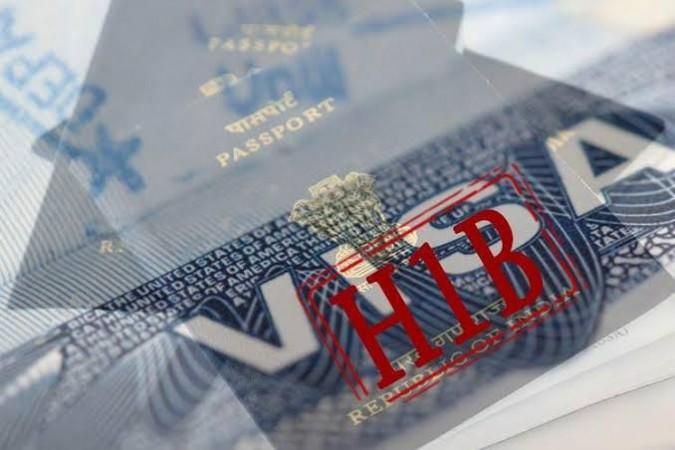US H-1B visa for specialty workers

- US Business and work visas
- USA non-immigrant visas for workers and businesses
- USA Employment based immigration visas (Green Cards)
However, because of the visa cap
it is very hard to obtain
Applying for a non-immigrant visa is generally quicker than applying for a US Green Card, therefore the H-1B visa is popular for companies wishing to bring in staff for long-term assignment in the US. However, because of the lack of available visas employers frequently have to look at applying for other visa categories such as the L-1B for specialized workers, L-1A for managers and executives, E-2 Treaty Investor visa, E-1 Treaty Trader visa, E-3 for Australians etc.
H-1B Visa cap
H-1B visas are subject to an annual visa cap each financial year. US employers can begin applying for the H-1B visa six months before the actual start date of the visa. Employers can apply as soon as April 2, 2017 for the 2018 cap, but the beneficiary cannot start work until October 1, 2017.
Current immigration law allows for a total of 85,000 new H-1B visas to be made available each government fiscal year. This number includes 65,000 new H-1B visas available for overseas workers in specialty (professional) level occupations with at least a bachelors degree, with an additional 20,000 visas available for those specialty workers with an advanced degree from a US academic institution. In recent years the H-1B visa cap has been heavily oversubscribed near the beginning of April each year. USCIS then holds a lottery for the available H-1B visas available.
Eligibility: specialty occupation
- Have a minimum entry requirement of a Bachelor's or higher degree or its equivalent.
- The degree requirement for the job is common to the industry or the job is so complex or unique that it can be performed only by an individual with a degree.
- The employer normally requires a degree or its equivalent for the position.
- The nature of the specific duties is so specialized and complex that the knowledge required to perform the duties is usually associated with the attainment of a bachelor's or higher degree.
Eligibility: Employee qualifications
- Have completed a US bachelor's or higher degree required by the specific specialty occupation from an accredited college or university.
- Hold a foreign degree that is the equivalent to a U.S. bachelor's or higher degree in the specialty occupation.
- Hold an unrestricted state license, registration, or certification which authorizes you to fully practice the specialty occupation and be engaged in that specialty in the state of intended employment.
- Have education, training, or experience in the specialty that is equivalent to the completion of such a degree, and have recognition of expertise in the specialty through progressively responsible positions directly related to the specialty.
Length of Stay
Family & Dependants
Further information, help, and advice
USA


Canada
Australia

